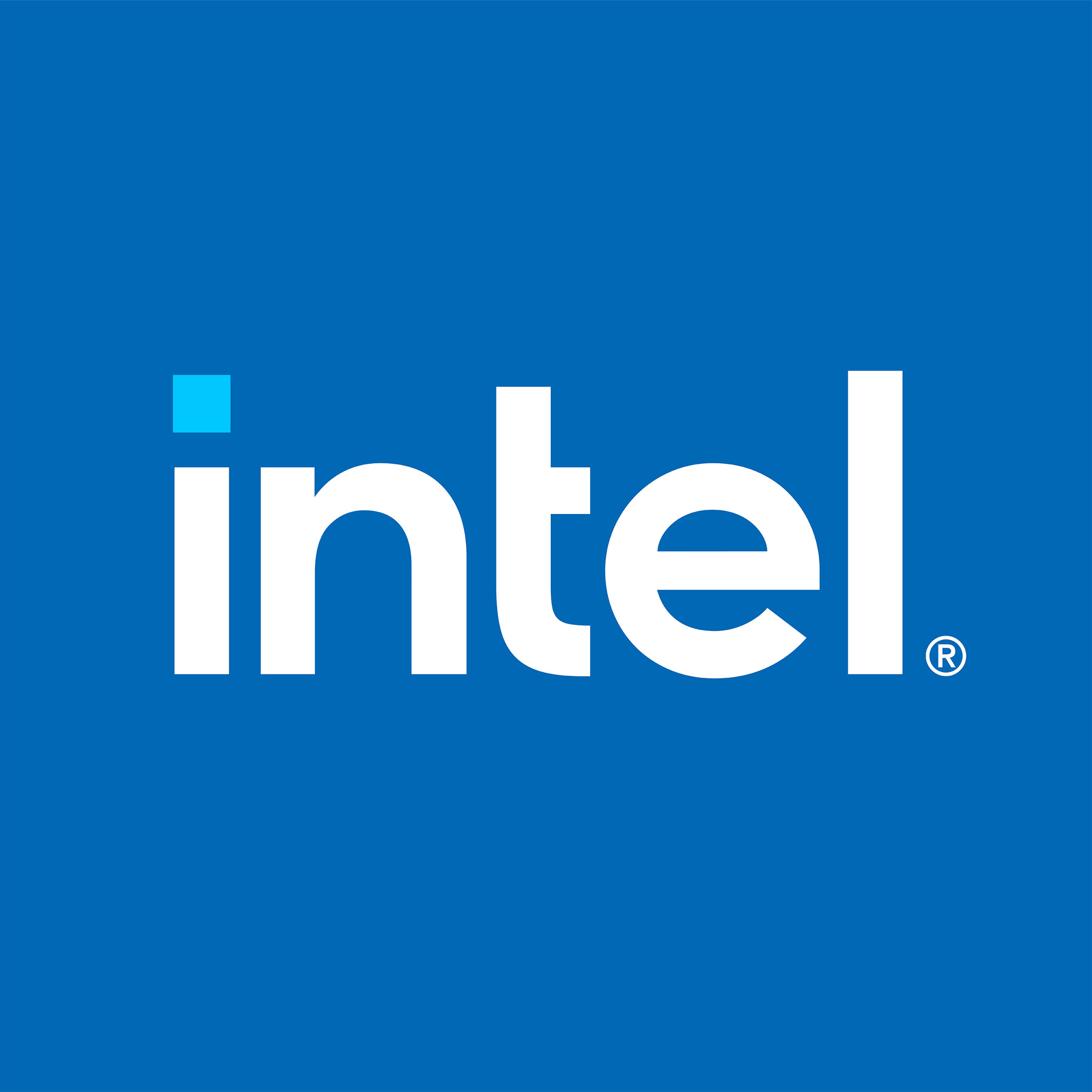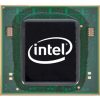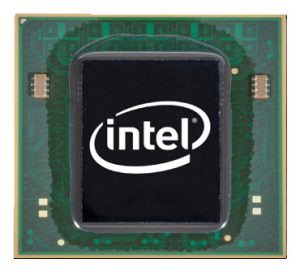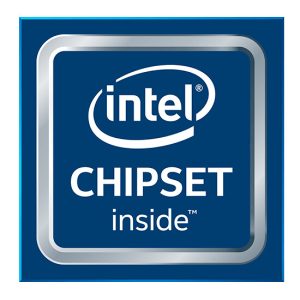Intel NHI350AM4 Microcontroller
603,75 kr. inkl. moms (ex. moms 483,00 kr.)
NHI350AM4, 17 x 17 mm, 5A991,
Ikke på lager
Giv mig besked når varen kan købes

Intel® Virtualization Technology for Directed I/O (VT-d)
Intel® Virtualization Technology for Directed I/O (VT-d) continues from the existing support for IA-32 (VT-x) and Itanium® processor (VT-i) virtualization adding new support for I/O-device virtualization. Intel VT-d can help end users improve security and reliability of the systems and also improve performance of I/O devices in virtualized environments.
iWARP/RDMA
iWARP delivers converged, low-latency fabric services to data centers through Remote Direct Memory Access (RDMA) over Ethernet. The key iWARP components that deliver low-latency are Kernel Bypass, Direct Data Placement, and Transport Acceleration.
MACsec IEEE 802.1 AE
802.1AE is the IEEE MAC Security (MACsec) standard which defines connectionless data confidentiality and integrity for media access independent protocols.
Intel® Data Direct I/O Technology
Intel® Data Direct I/O Technology is a platform technology that improves I/O data processing efficiency for data delivery and data consumption from I/O devices. With Intel DDIO, Intel® Server Adapters and controllers talk directly to the processor cache without a detour via system memory, reducing latency, increasing system I/O bandwidth, and reducing power consumption.
PCI-SIG* SR-IOV Capable
Single-Root I/O Virtualization (SR-IOV) involves natively (directly) sharing a single I/O resource between multiple virtual machines. SR-IOV provides a mechanism by which a Single Root Function (for example a single Ethernet Port) can appear to be multiple separate physical devices.
Fiber Channel over Ethernet
Fibre Channel over Ethernet (FCoE) is an encapsulation of Fibre Channel frames over Ethernet networks. This allows Fibre Channel to use 10 Gigabit Ethernet networks (or higher speeds) while preserving the Fibre Channel protocol.
IEEE 1588
IEEE 1588, also knows as the Precision Time Protocol (PTP) is a protocol used to synchronize clocks throughout a computer network. On a local area network it achieves clock accuracy in the sub-microsecond range, making it suitable for measurement and control systems.
Virtual Machine Device Queues (VMDq)
Virtual Machine Device Queues (VMDq) is a technology designed to offload some of the switching done in the VMM (Virtual Machine Monitor) to networking hardware specifically designed for this function. VMDq drastically reduces overhead associated with I/O switching in the VMM which greatly improves throughput and overall system performance
| Vægt | 0,0000 kg |
|---|---|
| On-board grafikkort | Ingen |
| Brand | Intel |
| State | Default |
| On-chip QoS og trafik administration | Ja |
| PCI-SIG* SR-IOV kompetent | Ja |
| Pakke størrelse | 17 x 17 mm |
| Fiberkanal over ethernet | Ingen |
| Jumbo Frames support | Ja |
| Eksportkontrolklassisfikationsnummer (ECCN) | 5A991 |
| Automatiseret sporingssystem til vareklassificering (CCATS) | NA |
| Thermal Design Power (TDP) | 4 W |
| Lanceringsdato | Q2'11 |
| Produktkode navn | Powerville |
| Status | Launched |
| Produktserie | Gigabit Ethernet Controllers (up to 2.5GbE) |
| Intel® Data Direct I/O Teknologi | Ja |
| Intel® Virtual Machine Device Queues (VMDq) | Ja |
| Maksimal driftstemperatur | 55 °C |
| Driftstemperatur (T-T) | -10 – 55 °C |
| Harmoniseret systemkode (HS) | 8542310001 |
| Ethernet LAN-datahastigheder | 1000 Mbit/s |
| NC-SI (Network controller sideband interface) | Ja |
| Værtsgrænseflade | PCI Express |
| Ethernet LAN-porte (RJ-45) | 4 |
| PCI Express slots version | 2.0 |
| Kobber ethernet kabelteknologi | 1000BASE-T |
| iWARP/RDMA | Ingen |
| Hukommelsesbåndbredde (maks.) | 1 GB/sek. |
| Intel® Virtualization Technology for Connectivity (VT-c) | Ja |
| Minimal driftstemperatur | -10 °C |
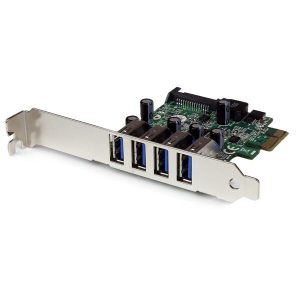 StarTech.com PEXUSB3S4V interface-kort/adapter Intern USB 3.2 Gen 1 (3.1 Gen 1)
StarTech.com PEXUSB3S4V interface-kort/adapter Intern USB 3.2 Gen 1 (3.1 Gen 1) 